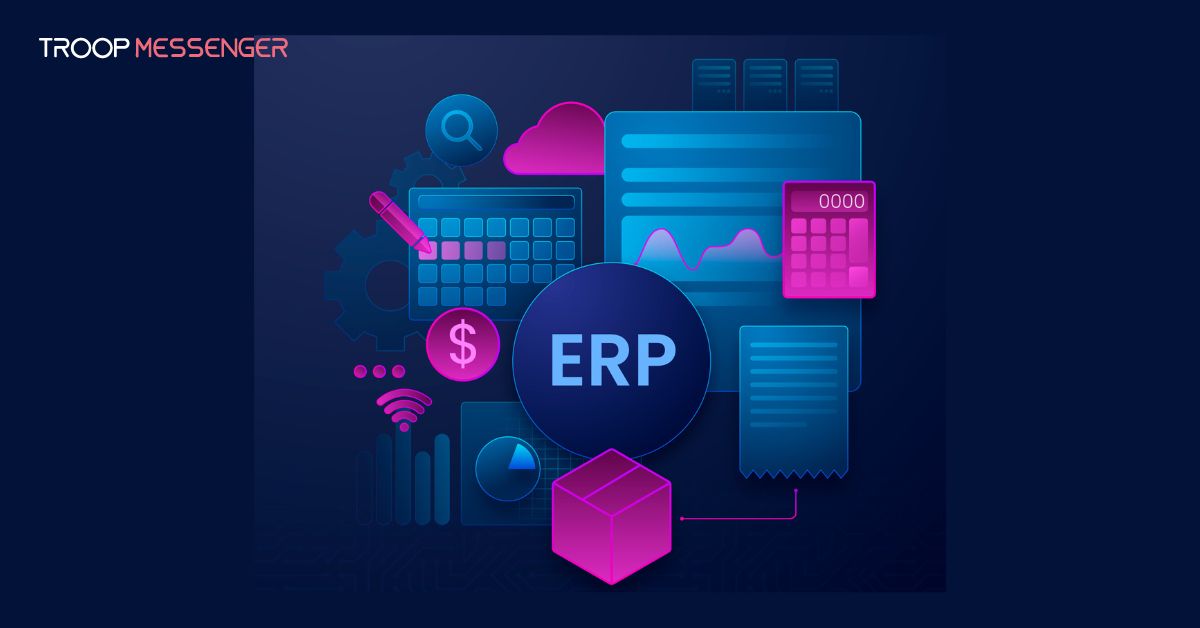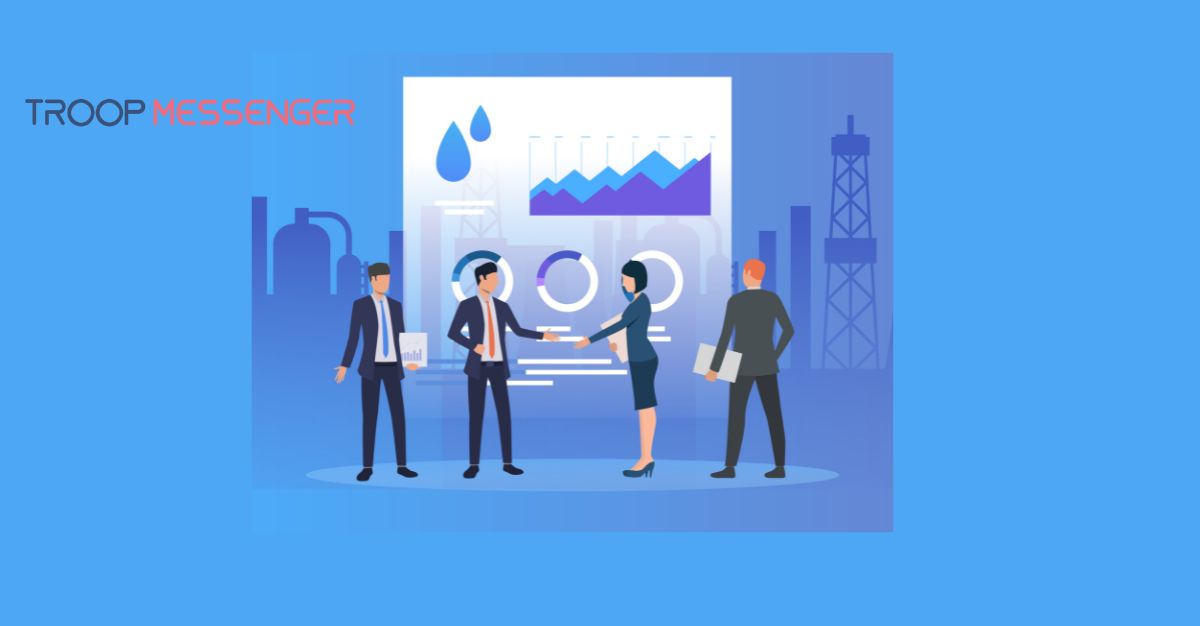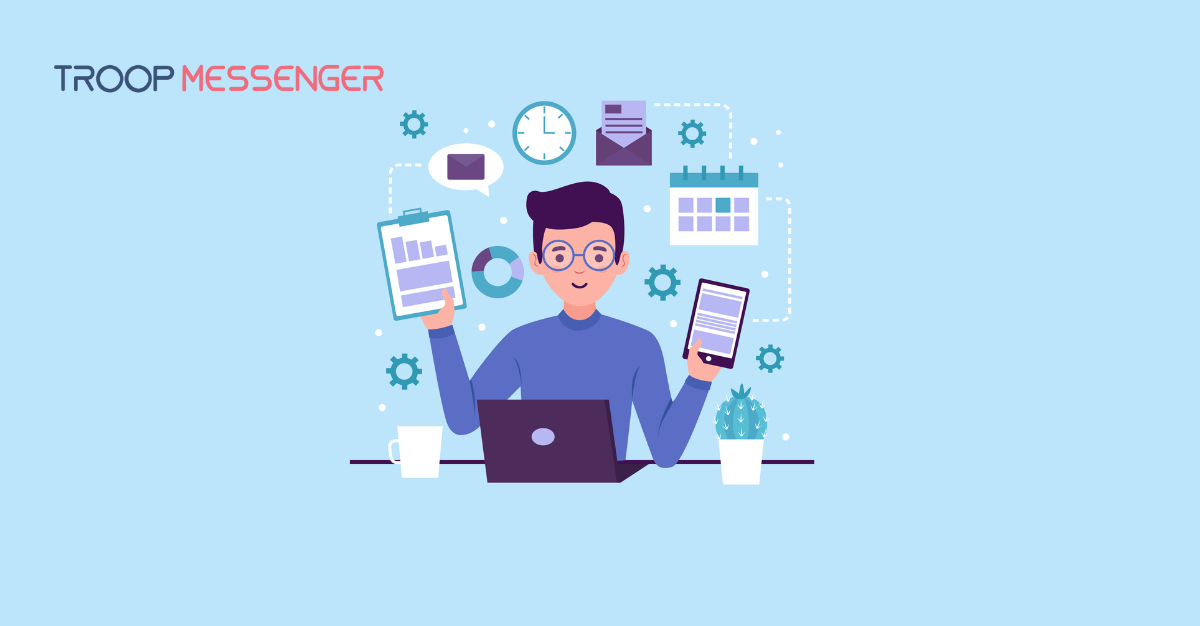Connect with us

4 challenges of ERP migration and how to avoid them
ERP enables companies to centralize and optimize disparate business processes, including finance, inventory, CRM, and human resource management, thus helping improve business efficiency. However, companies using legacy ERP can find it more burdensome than helpful for their businesses over time. As ERP software grows outdated, it becomes more challenging to maintain and operate. Software performance, data security, and other issues can also arise.
In this context, migrating from an outdated on-premises ERP system to a cloud-based solution or switching a legacy system for an entirely new ERP platform can be a preferable option for a company. Regardless of the scenario, ERP migration is never easy. It usually involves transferring business processes and system configurations to a new environment and includes ERP data migration, which requires careful planning and management.
This article covers the key ERP migration challenges and tips on how companies can handle them.
Inaccurate ERP migration cost estimation
Inaccurate migration cost estimates can lead to significant overruns of the project budget, which in turn can negatively affect a company’s bottom line. Unfortunately, it is not easy for a company to calculate all migration costs accurately, including hidden ones, especially if this is the first ERP migration project within an organization.
Solution
The total cost of ERP migration depends on many factors, such as business process complexity, the volume of the migrated data, the chosen technology stack\ platform, and project team composition, to name a few. Therefore, to identify all the cost factors associated with its unique project, a company must first determine the scope of the ERP migration.
This, in turn, requires a thorough inventory of all the company’s assets that need to be migrated, including software configurations, customizations, and data, together with their dependencies. A company’s employees can either conduct the inventory manually, which is typically too slow and inefficient, or use automation tools. For example, solutions such as Flexera, Azure Migrate, or Google Cloud Migration Tools can be used to map various IT assets and visualize their dependencies before cloud migration.
After defining the migration scope, the company then needs to determine an appropriate migration strategy based on its unique business needs. It should also estimate the cost of implementing that strategy, along with the use of migration tools and allocation of IT labor. It is also critical to consider expenses arising after the migration, such as costs related to employee training or maintenance of modernized ERP.
To assess the migration costs more accurately, it is also recommended that companies consult with third-party ERP experts before the project launch. Consultants can comprehensively analyze a company’s business and audit its legacy ERP thoroughly to help a company identify hidden migration expenses and calculate its total budget more efficiently. They can also guide a company’s migration team throughout the migration process to ensure a project stays within the estimated budget.
Too lengthy migration
A company can incur extra financial losses when the migration process takes longer than expected. Suppose a company has three ERP migration specialists working on its project. It pays each $59 per hour – an average wage for a data migration specialist, according to Salary.com. In this context, even a one-month delay in migration delivery may cost a company extra several thousand dollars.
Solution
Although the migration timespan depends on multiple variables, including project complexity, planning efficiency, and the proficiency of a migration team, companies can always take some measures to shorten it. One of them is to streamline manual and routine migration activities by using automated migration tools, including those complemented with generative AI.
With their help, migration teams can automate and speed up numerous processes, and legacy infrastructure analysis is one of them: automated tools can scan a company’s on-premise ERP environment and catalog corporate apps or databases. Additionally, teams can optimize the code transformation process by using automated migration solutions to refactor outdated codebases into cloud programming languages automatically.
Data breaches and losses
If an ERP migration project implies transferring data between different platforms or environments, a migration team must guarantee the safety of this information. Otherwise, a company can lose corporate or customer information, which can not only disrupt its business operations but also cause significant reputational damage.
Solution
Migration teams must back up all the data before migrating it by running full, incremental, or differential backups. ERP migration experts can do it manually or use automated backup systems, such as those enabling scheduling and running recurring data backups. If corporate data is backed up properly, migration teams can quickly restore it in case of a data breach or corruption, thus mitigating adverse outcomes of data loss.
Software incompatibility
Along with ERP, a company traditionally uses many other software, be it DMS, EAM, or CRM, some of which can be somewhat outdated. If a migration team cannot maintain compatibility between these solutions and a new ERP system, a company’s everyday functioning can be disrupted, which can cause significant financial losses.
Solution
One of the ways to avoid compatibility issues between legacy corporate systems and a new ERP platform is to implement software adapters, custom APIs, or middleware, such as iPaaS. Migration teams can use these solutions to integrate new ERP with legacy software tools and thus ensure their interoperability.
Final thoughts
As ERP software becomes outdated, it can become more of a burden rather than a valuable technology asset. So, migrating from legacy ERP to a modernized or utterly new solution is preferable for companies aiming to remain efficient and competitive. Although ERP migration comes with multiple challenges, it still should not be postponed, as most of them can be addressed with a structured approach.
If a company lacks the required in-house expertise, it can resort to an experienced technological consultant to handle the complexity of ERP migration. A third-party ERP consultant can help a company audit its legacy ERP, choose a cost-effective migration strategy, and execute it, thus ensuring a smooth transition.








